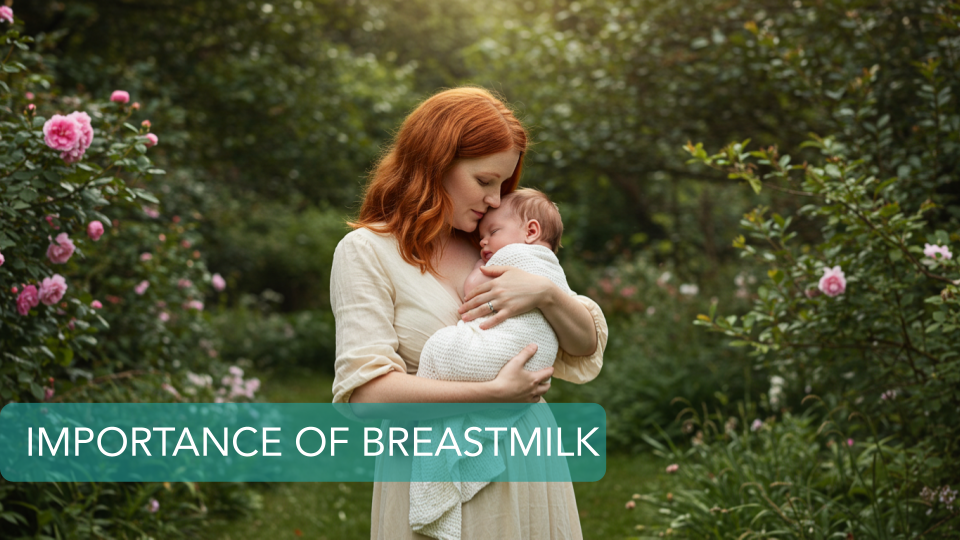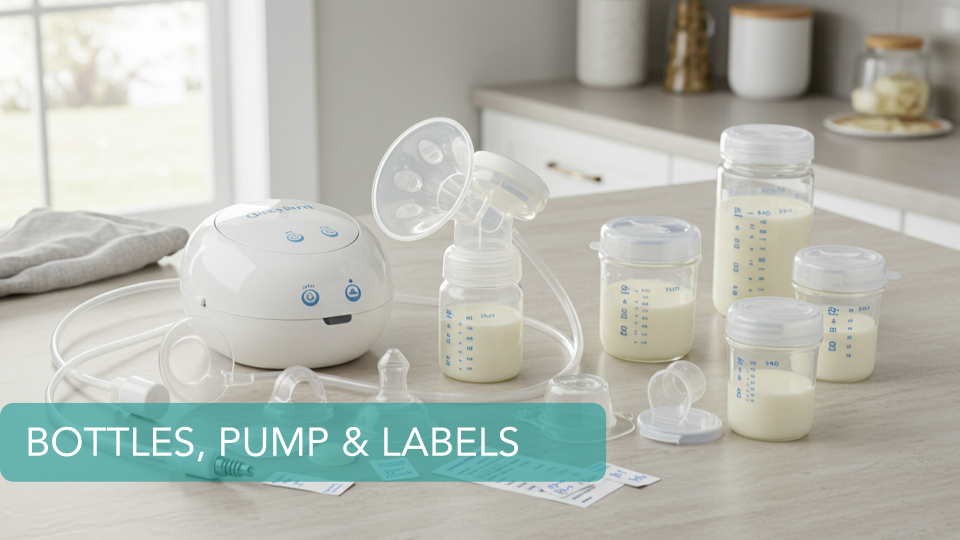Importance of Breastfeeding: Health Benefits for Baby and Mom
- Selin Tamer
- Sep 25, 2025
- 2 min read

The importance of breastfeeding goes far beyond feeding. Breast milk is specially designed for your baby—rich with antibodies that fight infection and often called “baby’s first vaccine.” Every time your baby suckles, your body produces hormones that signal more milk production, ensuring your little one receives the nutrients they need.
Why Breastfeed
Creates a close, loving bond between mother and baby; skin-to-skin contact also supports early development.
Provides all the complete nutrients your baby needs for the first 6 months.
Remains a key source of energy, protein, and nutrients even after introducing solid foods.
Protects against infections of the digestive and respiratory systems.
Lowers the risk of diabetes, obesity, and even certain childhood cancers.
Supports brain growth and development.
Comforts a baby who is upset and provides essential nourishment during illness.
Benefits of Breastfeeding for Mothers
Helps the uterus contract and reduces bleeding after delivery.
Supports healthy weight loss and lowers the risk of obesity.
Works as a natural method of contraception—about 98% effective during the first 6 months if exclusive breastfeeding is maintained.
Lowers the risk of ovarian cancer, breast cancer, and type 2 diabetes.
Strengthens family bonds and boosts confidence in caring for the baby.
Breastfeeding Helps the Environment
Breast milk is always ready at the perfect temperature and costs nothing.
Reduces waste from bottles, cans, and packaging.
Risks of Not Breastfeeding
Babies and mothers lose protection from infections and chronic diseases.
Formula feeding can carry a risk of contamination or errors in preparation, which may lead to dehydration or illness.
Formula adds financial burden to families and healthcare systems.





Comments